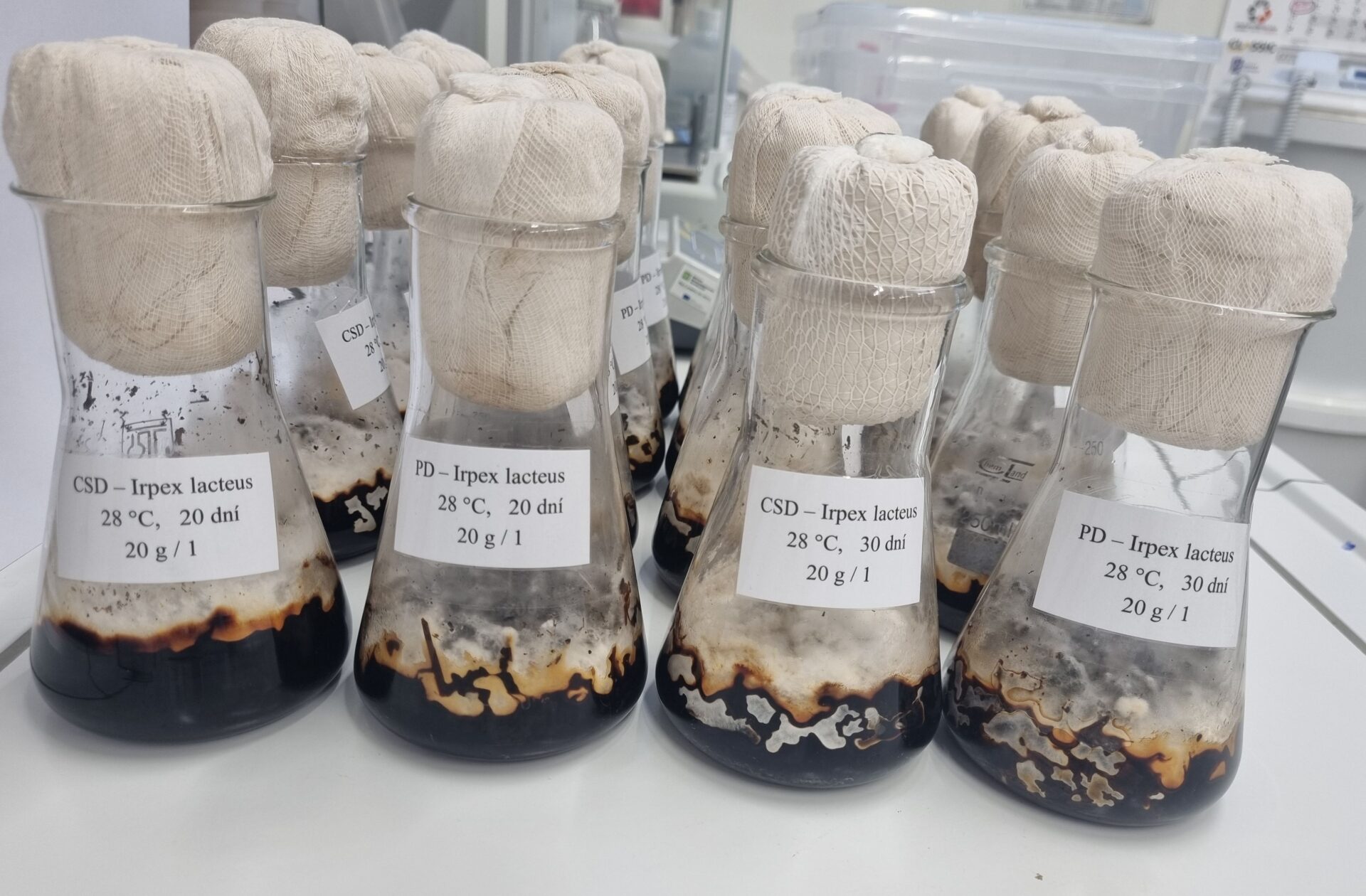
White rot fungi may contribute to higher methane production from digestate
Researchers from the Institute of Environmental Technology at CEET, VŠB-TUO, in partnership with the Faculty of Science at the University of Ostrava, have achieved a breakthrough in the eco-friendly treatment of a biogas plant by-product—digestate. Their findings, published in the esteemed Chemical Engineering Journal, reveal that white rot fungi can greatly enhance the utilization of digestate which results from the anaerobic breakdown of organic material during biogas production. While digestate is typically used as fertilizer, its full potential remains largely underexploited.
By employing specific fungi species—Dichomitus squalens, Pleurotus ostreatus, and Irpex lacteus—researchers successfully pretreated the digestate biologically, transforming it into a more suitable substrate with considerable promise for increased methane generation. “Using these fungi could be an easy way to produce more methane and generate additional energy from digestate without requiring new technology developments,” explained Kateřina Chamrádová, a researcher from the Biochemical Processes group at the Institute of Environmental Technology.
These fungi produce ligninolytic enzymes (such as lignin peroxidase, laccase, and manganese peroxidase) that degrade complex organic components in the residual material. Consequently, methane production during anaerobic digestion increased by up to 2.15 times compared to untreated digestate.
A twenty-day pretreatment of digestate with Dichomitus squalens proved to be the most effective. Longer pretreatment times did not yield significant improvements – on the contrary, in some cases, they led to unnecessary losses of valuable cellulose. It was noteworthy that the resulting effect depended on the composition of the original digestate, particularly the levels of lipids, proteins, and carbohydrates.
This research demonstrates that biological pretreatment of digestate using white rot fungi can be an effective pathway to better utilization of anaerobic digestion by-products and higher production of renewable biogas. Biotechnology, inspired by nature, thus opens new possibilities for sustainable energy and waste management. The research team intends to pursue ongoing work in this field and will look for additional opportunities to collaborate.
The study was supported by the European Union under the REFRESH project (CZ.10.03.01/00/22_003/0000048), the Technology Agency of the Czech Republic under the National Centre for Energy II project (No TN02000025), and the Ministry of Agriculture through the project QK21010300. The authors also acknowledge the support of the Large Research Infrastructure ENREGAT (project No LM2023056 and LM2018098).